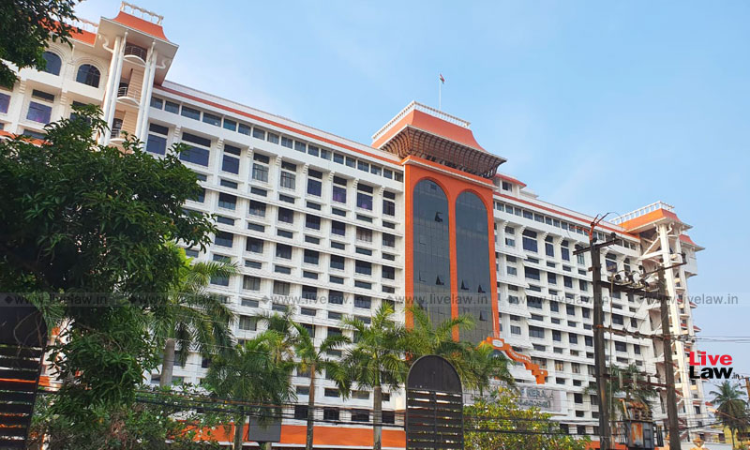- Home
- /
- News Updates
- /
- Kerala High Court Quashes Ban On...
Kerala High Court Quashes Ban On Compostable Plastic Carry Bags
Akshita Saxena
17 Feb 2021 7:52 PM IST
The Kerala High Court on Tuesday quashed an order of the State Government, prohibiting the manufacture, stocking and sale of compostable plastic bags in the state.Allowing a batch of writ petition challenging the state government decision to include compostable plastic carry bags within the ban on single-use plastic, the High Court said -"the decision of the Government to include...
Next Story



